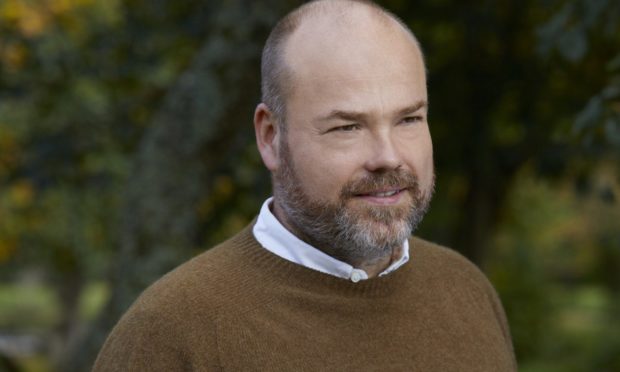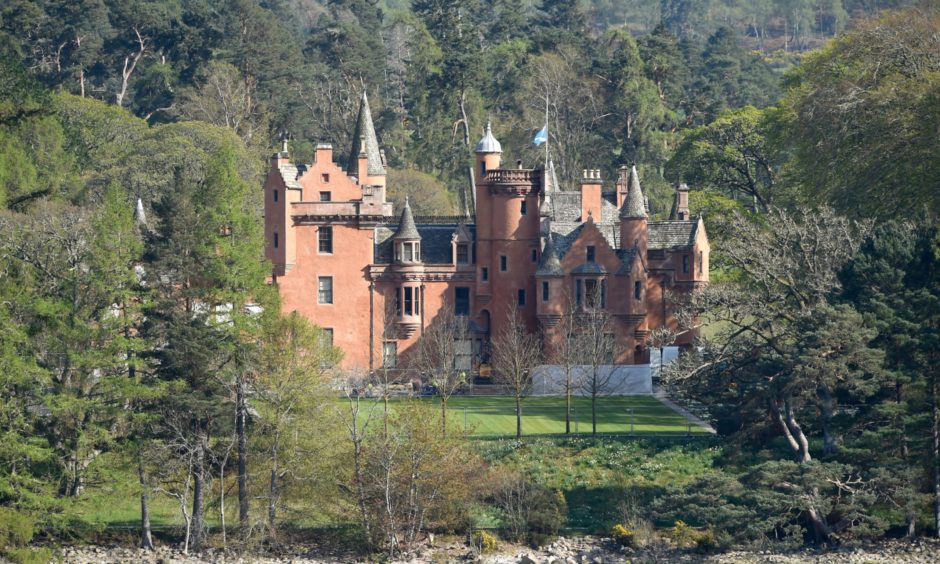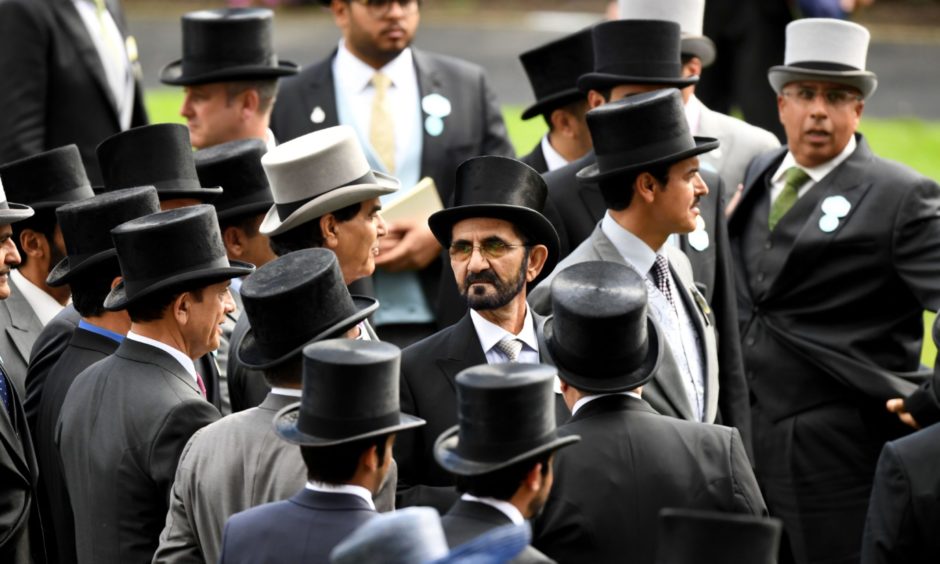Billionaires could be banned from buying up Scottish estates under radical proposals to give land back to the people.
A manifesto produced by Community Land Scotland (CLS) to revive rural communities calls for an end to such assets being bought and sold like supercars or yachts.
The group wants a new Land Reform Act to be passed in Holyrood that would give ministers the power to determine whether significant land purchases pass a “public interest test”.
Sales could be blocked if they do not support sustainable development goals, and landowners who do not meet the standard could also be forced to give up part or all of their holdings.
The manifesto states: “It is unacceptable that great swathes of Scotland’s rural land can be bought and sold as nothing more than the trophy playthings of the super-rich without a thought for the wider public interest.
“It is equally unacceptable in early 21st Century Scotland to tolerate the quasi-feudal power that some landowners exert over communities living on their land.
“It’s time to remove the corrosive effects of monopoly land ownership on the fabric of our rural and urban communities.
“We need to reassert the public interest as the governing principle for determining circumstances in which land ownership of large scale and/or concentration should be permitted in Scotland.”
Body rejects ‘rhetoric’
Sarah Jane Laing, chief executive of Scottish Land and Estates, said the “rhetoric” deployed by CLS does “not reflect the situation in Scotland today”.
About 400 owners are estimated to control half of all Scotland’s privately owned land, one of the most concentrated ownership patterns in the world.
Danish fashion retail tycoon Anders Holch Povlsen is the nation’s largest private landowner, while other estate owners include the Duke of Buccleuch and Dubai ruler Sheikh Mohammed bin Rashid al-Maktoum.
CLS is the representative body for the groups which have organised high-profile community buy-outs of land at places such as Eigg, Knoydart, Abriachan, Bridgend Farmhouse in Edinburgh and the Kinning Park Complex in Glasgow.
Its manifesto is aimed at candidates and political parties, ahead of next year’s Scottish Parliament elections.
Other measures proposed included a new regulation to limit the total amount of land that can be owned by an individual, and tax amendments to disincentivise the creation of monopolies.
Meanwhile, CLS also tabled a series of other ideas to support community landownership schemes, and rural repopulation.
Ailsa Raeburn, CLS chairwoman, said: “We need to assert the public interest as the governing principle for determining circumstances in which large-scale and concentrated land ownership should be permitted in Scotland.
“These new powers are urgently required to make the most of Scotland’s land as a shared asset to create a fairer society for the common good.”
However, Ms Laing questioned the statements made by CLS and said existing land reform legislation had already created significant powers.
“The 2016 Land Reform Act (Scotland) introduced wide-ranging land reform legislation which includes enhanced provisions for communities to buy land as well as powers for Ministers to intervene in land sales in specific circumstances,” she said.
Suggesting that communities are living in fear of landowners today is an assertion not supported by evidence.”
Sarah Jane Laing
“This is in addition to compulsory powers that are already in existence. The rhetoric used in this announcement does not reflect the situation in Scotland today.
“There is a multiplicity of public and private landownership models now including many community projects which we support.
“Suggesting that communities are living in fear of landowners today is an assertion not supported by evidence.
“Numerous community land acquisitions have already taken place and we are actively involved in liaising with community groups and landowners on a willing-seller, willing buyer basis to achieve mutually satisfactory outcomes.”



